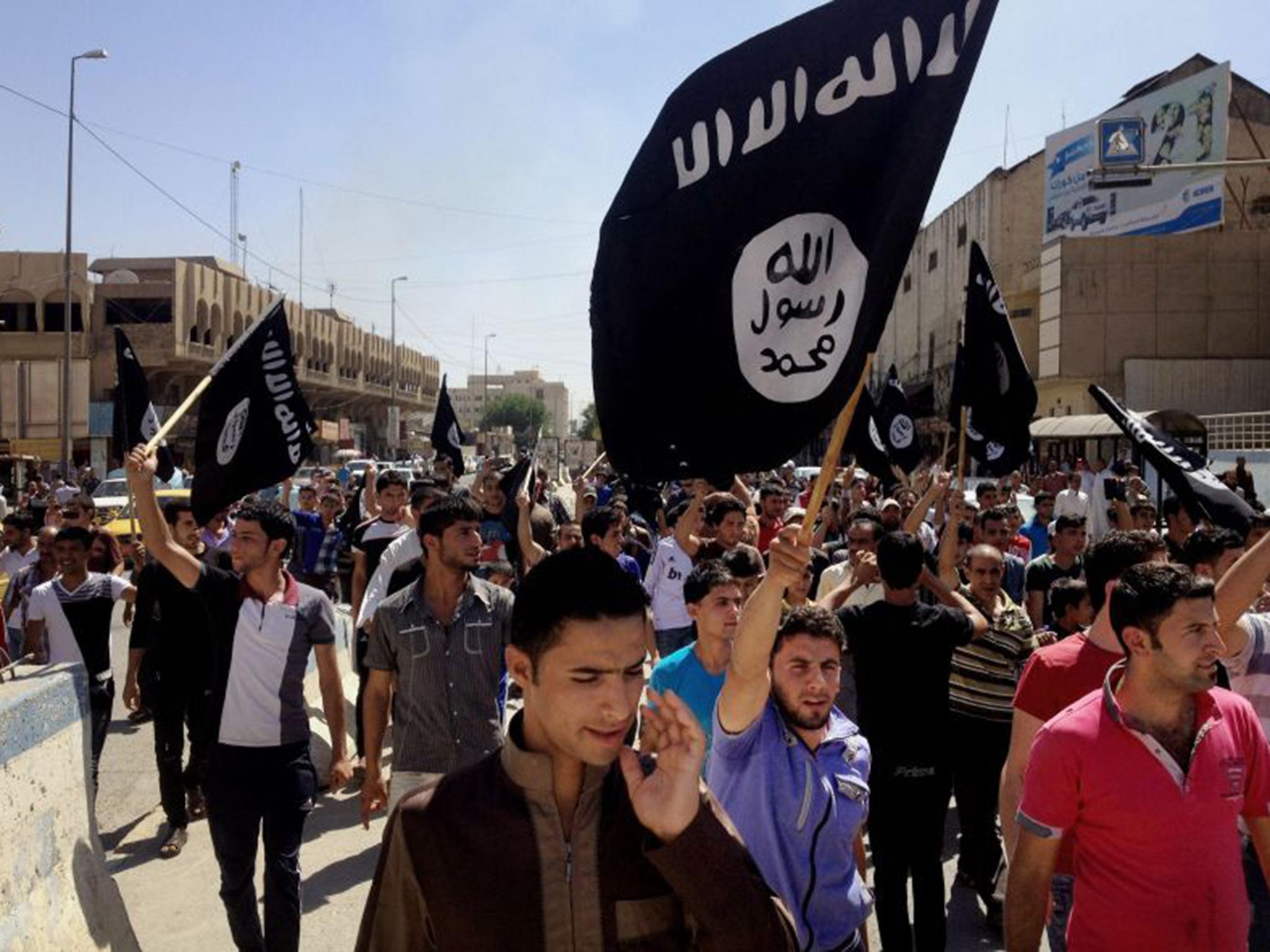Why I'm calling for a national ban on the terms Isis and Islamic State
The primary weapon of a terrorist organisation is to hijack, divide and poison communities. With every non-Muslim that begins to fear Islam, the ‘so-called’ Islamic State becomes stronger

“Do not kill a soul that God has made…whoso kills a soul…it shall be as if he had killed all mankind; and he who saves a life, it shall be as if he had given life to all mankind.” Quran 6:151
Two cities I have called home have come under terrorist attack in the last month. The response to these attacks from the people in Manchester and London – of kindness, bravery and strength – has made me very proud of Britain, and I don’t think I’m alone in that.
But since these atrocities were committed, we’ve also witnessed a sadly predictable backlash directed at people of Islamic faith. This is unsurprising, given that our Government, our media and even our friends and family refer every day to terrorists as part of the ‘Islamic State’, or some variation of that name.
It can be shortened to IS or Isis (the Islamic State of Iraq and Syria), it can be labelled Isil (the Islamic State of Iraq and the Levant), or it can be referred to by the increasingly common term ‘Daesh’, is the acronym translated into Arabic.
But the addition of geographic specifications, or even apologetic phrases such as “so-called” or “self-styled” does not disguise the fact that the name Islamic State, in all its variations, reinforces the sense of an inherent link between terrorism and Islamic faith.
This raises the question of what makes a religion a religion. Undoubtedly, it is the behaviour of the institutions and individuals practising it. But those practices stem from religious teaching, rooted in religious scripture.
If the Quran represents the root of Islam, we don’t have to look far into it for proof that Islamic teaching is primarily a force for good. The beliefs and principles of jihadi terrorists bear no relationship to the beliefs of the overwhelming majority of Muslims today.
But every time any of the common names for the extremist political ‘caliphate’ in the Middle East are used to describe terrorists and their motivations, we continue to deepen what is becoming a toxic misunderstanding that the actions of these terrorists are intrinsically linked to Islam – and crucially, by association, to the religion practised by Muslims today.
Of course, there are some outdated passages in the Quran and elements of Sharia law that are not part of modern Islam for the vast majority of believers – just as there are passages in the Bible that most Christians now find unacceptable, such as those that advocate genocide and slavery, and the sections which ban the wearing of all clothing woven from two or more types of fabric.
And yet we do not fear every Christian because a small number of people calling themselves Christians have committed terrible acts in its name. Similarly, we don’t reject all football fans as dangerous to our society because of the violent acts of hooligans from the tiny minority of ultra groups who take fandom to the extreme.
Even by stating that Islamic teachings have been “twisted” or “bastardised” by terrorists, motivated by leaders in the Middle East, we are still assuming that there is an intrinsic link between the two.
When a madman drives a car into a group of people, it is not the car that is evil. The car is merely the vehicle that is hijacked by the madman. Islam is the vehicle here. And if religion didn’t exist, these terrorists would find another reason for killing, as desolate a truth as that may be for us to accept.
Many of us are frightened of what the future holds for the country and the world we grew up in. And when the outward signs and symbols of a particular religion have been borrowed and misused by terrorists, those symbols do become frightening, whether or not they are a projection of the actual religion itself, or of the group of terrorists borrowing and misusing them.
Last week, Baktash Noori blindfolded himself and offered free hugs with a backpack on his back next to a sign reading: “I’m Muslim and I trust you. Do you trust me enough for a hug?” In moments like this, we are forced to confront that feeling of trepidation that outward signals of Muslim faith have come to trigger for many non-Muslims.
The primary weapon of any terrorist organisation is to hijack, vilify, divide and poison communities by spreading fear and misunderstanding between people. With every non-Muslim that begins to fear Islam as a religion, the “so-called” or “self-styled” Islamic State becomes stronger and more powerful.
Terrorists are the enemy, whatever name they go by. So it’s time we start boycotting the use of IS, Isis, Isil and Daesh, and rename them simply as terrorists, to show that we won’t let their actions divide us.
Join our commenting forum
Join thought-provoking conversations, follow other Independent readers and see their replies
Comments
Bookmark popover
Removed from bookmarks